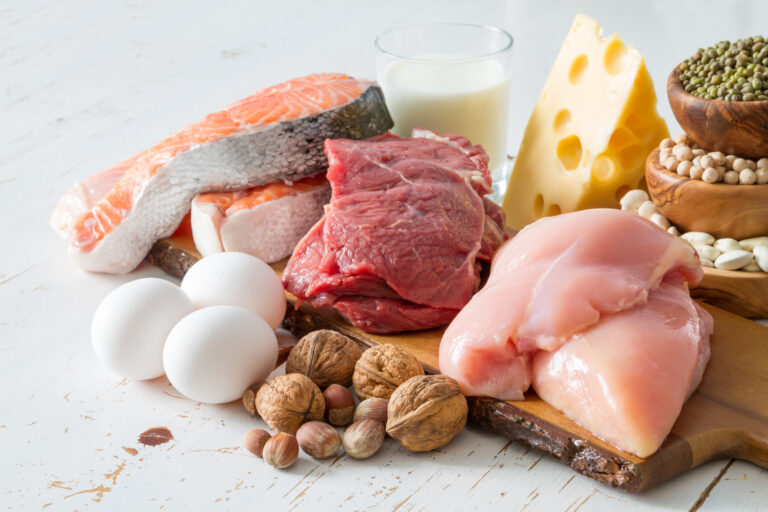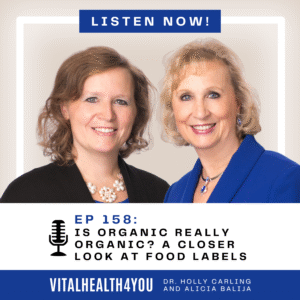Proteins, as well as carbohydrates, essential fatty acids, minerals and vitamins are not only the building blocks of a healthy body, but necessary for function as well. The body is about 45% protein. Without it, our body cannot regulate, repair, rebuild or protect itself.
Protein in our diets is crucial. But not all protein is the same. Approximately half of the amino acids are destroyed or crippled by heat. If we do not eat protein that has been unheated, we may be missing many essential amino acids.
Unheated, or raw, protein has been a part of the diet since the beginning of time. However, since the industrialization of foods, this is practically non-existent today. Anciently, foods were prepared with the goal of not only preservation, but maintaining nutrient density. Today, that is rarely a consideration.
Anciently, the diet abounded with unheated proteins. Ancient grains such as quinoa, amaranth, kamut, millet and spelt were eaten as sources of food high in proteins. Nuts (not roasted, but raw) were a staple for many cultures. Typically, grains and nuts were soaked, and/or sprouted prior to use. This activates the enzymes which break down the protein and fiber into a more easily digested and assimilated form. That means that you get more protein for the buck, with less digestive load and irritation.
Another source of quality, protein is meat. Raw meat was a staple for centuries. Meat was frequently preserved by layering it with salt in crocks, jerking it or smoking it. These methods preserved the heat-labile amino acids, giving the full complement of protein needed for good health. Of the more familiar foods; corned beef, beef jerky, and pastrami were originally raw, preserved meats. Today, sushi or sashimi, is consumed.
When you consume raw protein as found in nature, you get more than just protein. These foods contain enzymes, probiotics, minerals and fat soluble vitamins such as Vitamins A, D, E and K. These are considered co-factors that are helpful in the assimilation and utilization of the protein.
Our diets are sorely lacking in essential protein, raw protein. If you choose to eat raw meats, be sure that they are properly prepared. Eggs over-easy or lightly poached comes close, and real smoked jerky (not the commercial type which is typically prepared with smoke flavor and other such ingredients) is an option. The easiest way to get raw protein is through raw nuts. If you eat roasted nuts, they’ve been heated and therefore damaged the protein. Make sure the nuts and seeds are raw. It is even better if you soak them in a bowl of water overnight to activate enzyme action and pre-digest the protein. Protein powder is not generally a good option because it is heated to high temperatures during processing. However, there are a few that are raw.
In general, if your diet consists of only cooked protein, you are missing half the boat. Find ways to include raw protein in your diet safely. Your body will love you for it!
©2011 Holly A. Carling, O.M.D., L.Ac., Ph.D.







